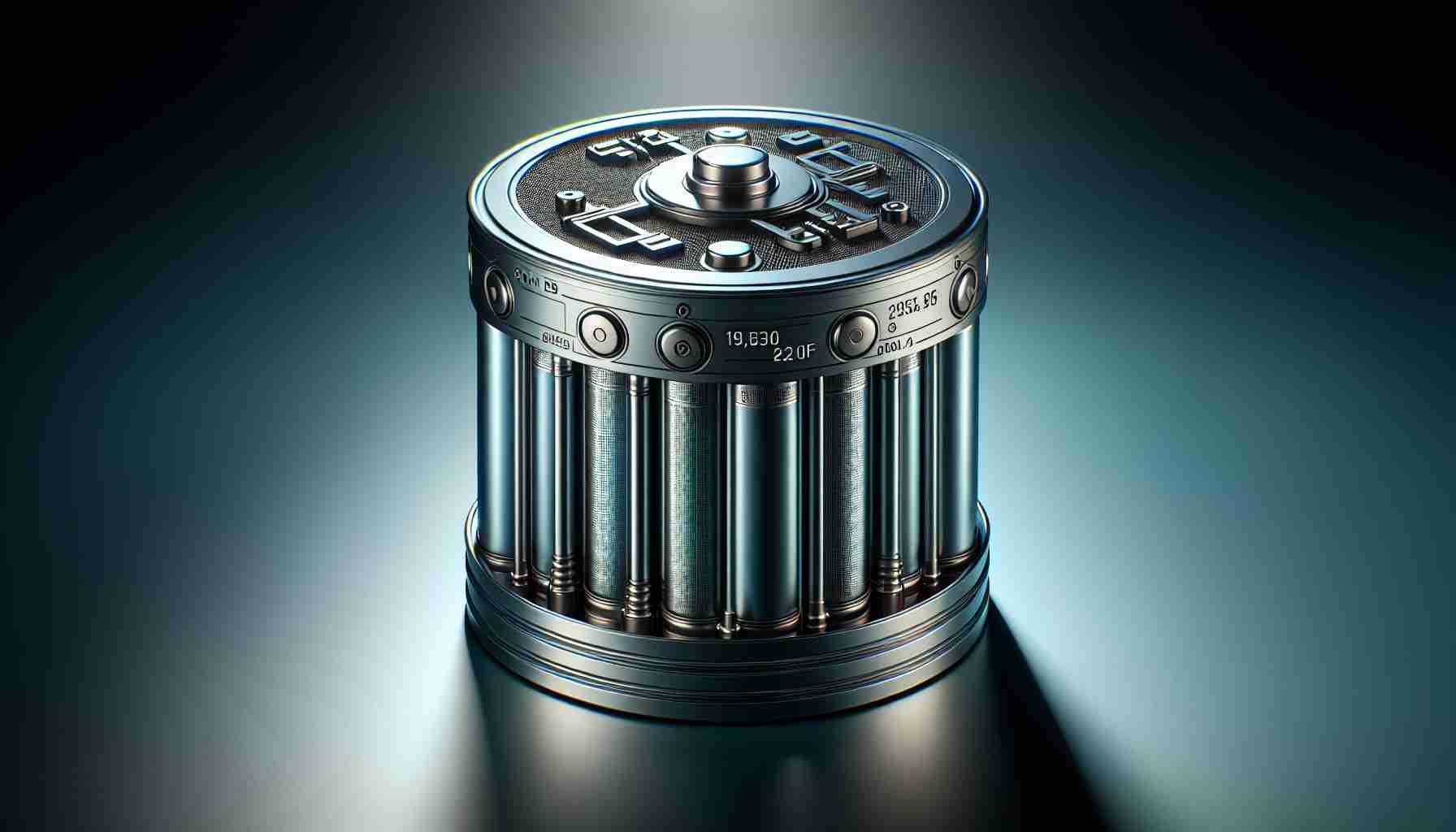The Future of Power: Fungi-Powered Biodegradable Batteries
In an exciting development, scientists have turned to an unexpected resource: fungi. Researchers have pioneered a novel 3D-printed battery that biodegrades after use, making it an eco-friendly option for powering small electronic sensors. This innovation was detailed in ACS Sustainable Chemistry & Engineering.
The battery utilizes the unique metabolic processes of two types of fungi to generate energy. Specifically, this biobattery is constructed from sustainable ingredients like cellulose, wax, and carbon, which can all decompose naturally once the battery is no longer needed. Modern electronics heavily depend on batteries, which often contain harmful materials that contribute to significant electronic waste.
Microbial fuel cells represent a greener option, using microorganisms to convert organic matter into energy. While bacteria are popular for this purpose, the EMPA research team has ventured into the fungal realm. By blending their expertise in fungal biology and environmentally-friendly electronics, they combined yeast and white-rot fungus within the same battery structure. In this setup, yeast serves at the anode while white-rot fungus operates at the cathode to harness and transfer energy effectively.
This groundbreaking fungal battery may initially serve in off-the-grid applications to power environmental sensors that monitor conditions like temperature and humidity. Researchers foresee potential uses in agriculture and even in space exploration where low-power devices are essential. The dawn of sustainable power solutions may have arrived, brought to us by the remarkable capabilities of fungi.
Unlocking the Future: Fungi-Powered Biodegradable Batteries Revolutionizing Energy
The Future of Power: Fungi-Powered Biodegradable Batteries
In a groundbreaking shift towards sustainable energy solutions, researchers have developed a 3D-printed battery that utilizes the incredible properties of fungi. This innovation is not just a scientific curiosity; it promises to address the pressing issues of electronic waste and the environmental impact of traditional batteries. Detailed in ACS Sustainable Chemistry & Engineering, this biodiverse technology combines nature with advanced engineering to create a biodegradable battery.
Key Features of Fungi-Powered Batteries
1. Sustainable Material Composition: The innovative battery materials include cellulose, wax, and carbon, all of which are sourced from nature and are capable of decomposing once the battery reaches the end of its life cycle. This feature significantly reduces the contribution to electronic waste.
2. Unique Metabolic Processes: By harnessing the metabolic capabilities of two types of fungi, researchers have successfully designed a battery that mimics the function of conventional batteries while leveraging the natural processes of decomposition.
3. Microbial Fuel Cells Innovation: Unlike standard microbial fuel cells that typically use bacteria, this research integrates both yeast and white-rot fungus. Yeast functions as the anode, while white-rot fungus acts as the cathode, allowing efficient energy conversion and transfer.
Use Cases and Applications
– Environmental Monitoring: Initially, these batteries are expected to power off-grid environmental sensors that monitor crucial data such as temperature, humidity, and air quality, making them highly effective for ecological studies.
– Agricultural Applications: Fungi-powered batteries hold promise for applications in agriculture, where sustainable energy sources are needed to power remote sensors and equipment, helping to optimize crop management.
– Space Exploration: The lightweight and biodegradable nature of these batteries makes them ideal for usage in space missions, where low-power devices are critical, and sustainability is essential.
Pros and Cons
Pros:
– Eco-friendly and biodegradable materials reduce electronic waste.
– Utilizes natural processes for energy generation.
– Low environmental impact compared to conventional batteries.
Cons:
– The current energy output may be lower than traditional batteries.
– Commercial scalability and mass production techniques still need to be developed.
Market Insights and Future Predictions
As the global demand for sustainable energy solutions continues to grow, the market for biodegradable batteries is expected to expand significantly. Innovations like fungi-powered batteries are not only paving the way for new environmentally friendly products but also influencing regulations and consumer preferences towards sustainable electronics.
With continuous research and development, we can anticipate advancements in energy efficiency and applications that go beyond the current scope, potentially revolutionizing the way we power small electronic devices.
Security and Sustainability Aspects
In a world increasingly concerned with sustainability, the adoption of fungi-based batteries could significantly reduce the carbon footprint associated with battery production and disposal. As these technologies evolve, security protocols surrounding the use of biodegradable materials will need to be addressed to ensure safety in both consumer and industrial applications.
Conclusion
The advent of fungi-powered biodegradable batteries represents a remarkable fusion of biology and technology that could lead us toward a more sustainable future. As researchers explore the full potential of this innovative energy source, it may just be the breakthrough we need in our quest for greener electronics and sustainable living.
For more insights into sustainable technology, visit ACS Publications.
